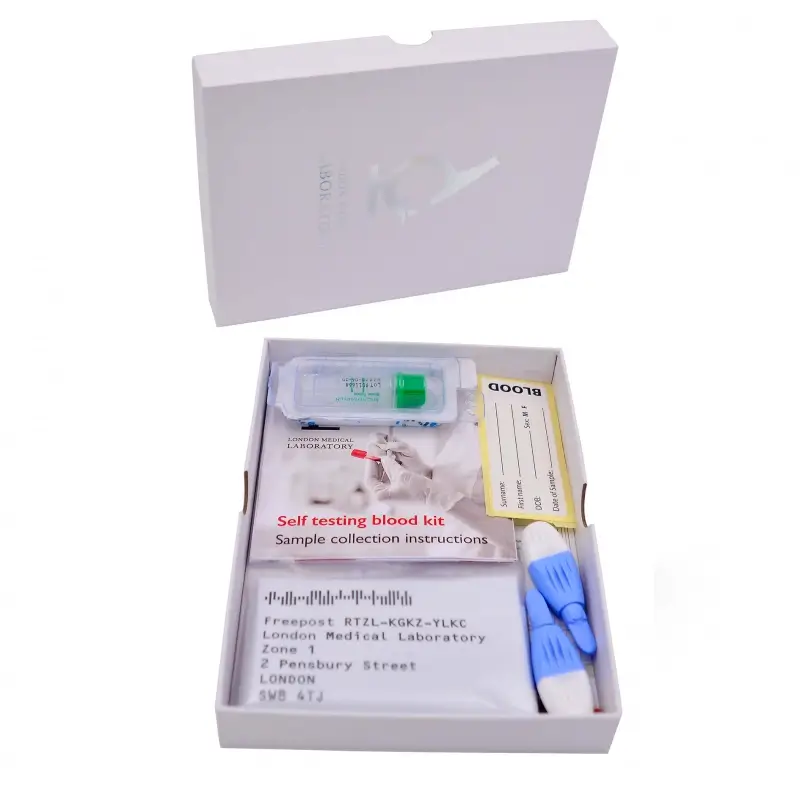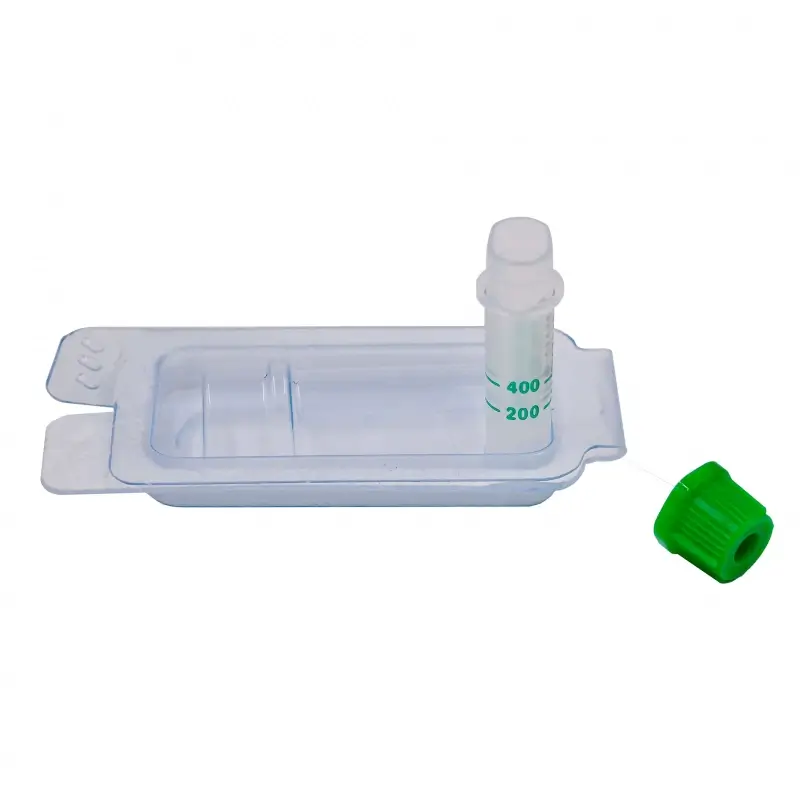
Advanced Sexual Health Screen
Amiry & Gilbride Pharmacy are working in partnership with London Medical Laboratory to deliver this test.
Price per in pharmacy test provided during booking prior to confirmation.
Introduction
This blood and urine test covers a wide range of common infections and provides you with a fast and simple way to check up on your sexual health.
Most sexually transmitted infections can be tested for using urine or blood samples. Certain STI’s don’t always cause symptoms and can develop into more serious conditions if untreated.
How does this test work?
There is no better way to check for underlying health problems, or monitor existing conditions, than with a blood test.
Whether you are concerned about your health, managing an existing condition or simply curious, a blood test provides a fast, affordable and easy way to start taking charge of your own health.
We offer in-store testing to make the process as simple, stress free and convenient as possible.
You will receive your results in around 5 to 7 days.
*It is important to note that blood tests alone are not a substitute for seeing a doctor, particularly if you have any symptoms. You should not make a diagnosis or start any treatment without a consultation with a doctor or suitably trained healthcare professional.


What do you test?
Sexual health (6 Biomarkers)
Most sexually transmitted infections can be tested for using urine or blood samples. Certain STI’s don’t always cause symptoms and can develop into more serious conditions if untreated.
Chlamydia
Chlamydia is a sexually transmitted infection from the bacteria Chlamydia trachomatis. Chlamydia is by far the most common sexually transmitted disease in the UK at present. A large percentage of people with this will not exhibit any symptoms thus chlamydia often being referred to as “The Silent Epidemic”. Chlamydia can be easily treated , if left untreated however it can cause significant reproductive problems. If your result is positive it is important to contact your partner (s) to advise them of the result and get tested / treated as well.
Gonorrhoea
Gonorrhoea is a sexually transmitted infection caused by the bacteria Neisseria gonorrhoeae. If left untreated, gonorrhoea can cause severe reproductive and health problems.
Hepatitis B Surface Antigen (HBsAg)
Hepatitis B Surface Antigen (HBsAg) are produced in the body by the hepatitis B virus. It is a virus which causes a liver infection and is spread from contact with the blood and bodily fluids of an infected person. HBsAg tests are used to diagnose if a person is currently infectious.
Hepatitis C Antibodies (HCAg)
Hepatitis C Antibodies (HCAg) are produced by the immune system after exposure to hepatitis C. Hepatitis C is a virus which causes a liver infection and is spread from contact with the blood of an infected person. HCAg tests are used to determine whether a person has previously been exposed to hepatitis C.
HIV 1&2 Antibodies
HIV 1&2 Antibodies are produced by the immune system after exposure to HIV. HIV is a virus that damages the cells in the immune system and weakens the body’s ability to fight infections and disease. HIV 1&2 antibodies tests are used to measure the presence of antibodies being produced in response to the presence of HIV.
Syphilis IgM/IgG
Syphilis IgM/IgG are produced by the immune system during and after exposure to syphilis. IgM are antibodies that are the first form of response to syphilis and are used to indicate current infection. IgG are antibodies that are produced after exposure to syphilis and are used as an indicator of long-term immunity that the body creates.
FAQs
When should I get tested?
If you are currently sexually active. A key symptom to look out for is discharge from the penis or vagina.
Am I at risk of chlamydia?
Anyone who has sex can get chlamydia through unprotected vaginal, anal, or oral sex. Sexually active young people are at a higher risk of getting chlamydia. Gay, bisexual, and other men who have sex with men are also at risk since chlamydia can spread through oral and anal sex.
How common is chlamydia / gonorrhoea?
Chlamydia is one of the most common sexually transmitted infections in the UK followed by Gonorrhoea. You can have this infection without any symptoms at all so it is important to get regularly checked.
Which results need a blood sample and which need a urine sample?
Blood sample: Hepatitis / HIV / Syphilis Urine sample: Chlamydia / Gonorrhoea.



